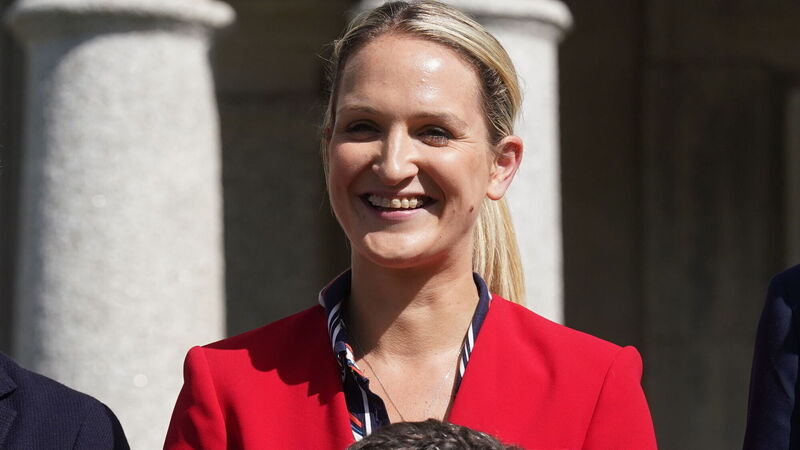Decision to drop hate speech legislation a 'missed opportunity'

Justice Minister Helen McEntee confirmed last week that incitement to hatred and violence elements are being dropped.
The special rapporteur on the Government’s plan to tackle racism has slammed the decision not to progress hate speech legislation and branded it a missed opportunity to protect vulnerable communities.
Dr Ebun Joseph, a race relations consultant and director of the Institute of Antiracism and Black Studies, was appointed in July as the special rapporteur for the National Plan Against Racism.













